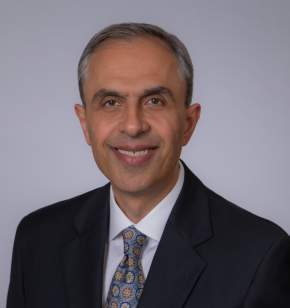Pituitary Tumor Doctor: Find the Best Brain Neurosurgeon for Your Care

Understanding Pituitary Tumors
The pituitary gland, often called the “master gland,” is a small organ at the base of the brain that regulates essential hormones for growth, metabolism, and reproductive health. Although pituitary tumors are usually benign (noncancerous), they can still cause serious health problems. Depending on their size and type, these tumors may lead to vision loss, headaches, or hormonal imbalances.
Some tumors can be safely monitored, but others may require medical or surgical intervention. Because the pituitary gland plays such an important role in the body, specialized care is critical for proper treatment.
How a Pituitary Tumor Doctor Can Help
A pituitary tumor doctor, typically a neurosurgeon or neuroendocrinologist, guides patients through diagnosis and treatment. These doctors coordinate care across specialties such as endocrinology, ophthalmology, and oncology.
Treatment options may include the following:
- Watchful waiting: may include regular magnetic resonance imaging (MRI) and hormone tests to track small, nonproblematic tumors.
- Medications: often prescribed for people with a hormone-secreting tumor, such as a prolactinoma.
- Surgery: performed using a minimally invasive technique, usually through the nose, to remove the tumor.
- Radiation therapy: given for a tumor that is difficult to remove or returns after surgery.
Choosing the Best Brain Surgeon for Pituitary Tumor Treatment
When surgery is necessary, choosing a neurosurgeon with deep expertise in pituitary and skull base surgery is vital. The most successful outcomes often come from surgeons who:
- Perform a high volume of pituitary surgeries annually
- Use minimally invasive endoscopic transsphenoidal approaches
- Work within a dedicated pituitary program at a top hospital
- Show consistently strong outcomes and low complication rates
Why should you have your surgery with Dr. Cohen?
Dr. Cohen
- 7,500+ specialized surgeries performed by your chosen surgeon
- More personalized care
- Extensive experience = higher success rate and quicker recovery times
Major Health Centers
- No control over choosing the surgeon caring for you
- One-size-fits-all care
- Less specialization
For more reasons, please click here.
Top-Rated Pituitary Tumor Doctors and Brain Surgeons in the United States
Aaron Cohen-Gadol, MD
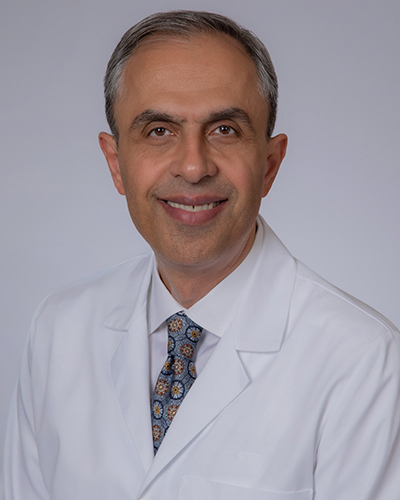
Atlas Institute for Brain and Spine (Los Angeles, CA)
An expert in pituitary and skull base tumors, Dr. Cohen-Gadol is also recognized globally for advancing neurosurgical education through his Neurosurgical Atlas. He has performed over 1500 surgeries for pituitary tumors.
He is a leader in the development and enhancement of complex techniques that enable the surgical removal of even the most intricate tumors by very few incisions. His pioneering methodology provides patients with safer treatments, rapid recovery, and less scarring, as noted by The Neurosurgical Atlas.
Edward R. Laws, MD
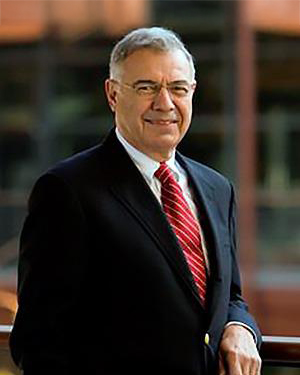
Brigham and Women’s Hospital (Boston, MA)
A world-renowned pioneer in pituitary surgery, Dr. Laws has decades of experience and has published extensively on surgical techniques and outcomes.
Nelson Oyesiku, MD

UNC Health (Chapel Hill, NC)
Dr. Oyesiku is highly respected for his work in pituitary tumor surgery and research on pituitary hormone regulation and tumor biology.
Daniel F. Kelly, MD

Pacific Neuroscience Institute (Santa Monica, CA)
A leader in minimally invasive endoscopic pituitary surgery, Dr. Kelly is widely known for his patient-focused care and innovative surgical approaches.
Ian E. McCutcheon. MD
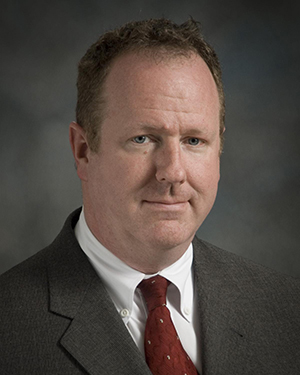
MD Anderson Cancer Center (Houston, TX)
Specializing in pituitary and skull base tumors, Dr. McCutcheon brings deep expertise in both surgical treatment and multidisciplinary brain tumor care.
Manish Aghi
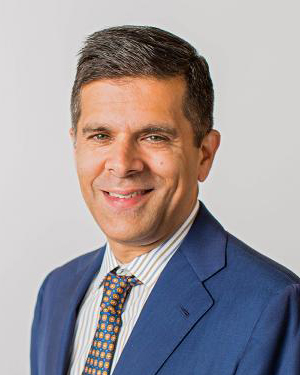
UCSF Medical Center (San Francisco, CA)
Dr. Aghi combines advanced surgical skills with cutting-edge research, focusing on pituitary and skull base tumors as well as novel treatment strategies.
FAQs About Pituitary Tumors and Brain Surgery
Is Surgery Always Required for Pituitary Tumors?
Not always. Many small, nonsecreting tumors are monitored over time. Surgery is usually considered if the tumor threatens the patient’s vision, causes hormone problems, or continues to grow.
How Long Is Recovery After Brain Surgery?
Most patients recover from endoscopic pituitary surgery in 4 to 6 weeks. Hospital stays are typically short, often just 1 to 2 days, and patients' return to daily activities happens gradually over time.
Can Pituitary Tumors Come Back?
Yes, tumor recurrence is possible, especially if complete removal is not feasible. Lifelong monitoring with MRI and hormone testing is recommended.
Taking the Next Step Toward Treatment
How to Book a Consultation with a Specialist
Patients may be referred by their primary doctor or endocrinologist, or they can contact a pituitary tumor doctor at a top medical center directly. Many surgeons now offer online appointment requests.
Preparing for Your Appointment
- Collect recent MRI scans/files and lab test results.
- Document symptoms such as headaches, vision changes, or fatigue.
- Prepare questions about risks, recovery, and long-term outcomes.
- Bring a trusted friend or family member for support during the consultation.
Don’t wait to seek expert help. A trusted pituitary tumor doctor can evaluate your condition and create a treatment plan designed for you.
- Call us today: (310) 626-1312
- Clinic Address: 8631 W. 3rd Street Suite 815E, Los Angeles, CA 90048
- Request an Appointment
Find us on the map:

